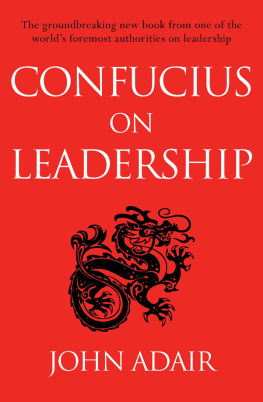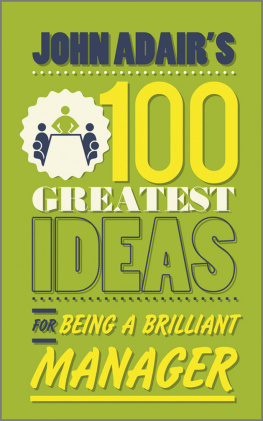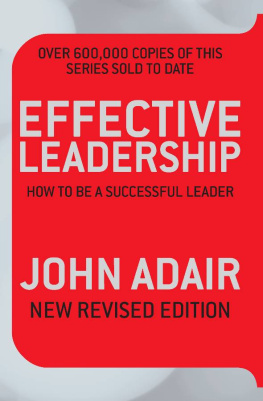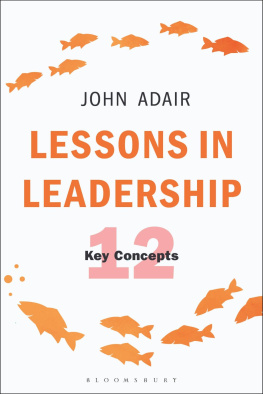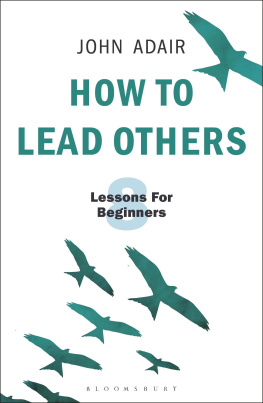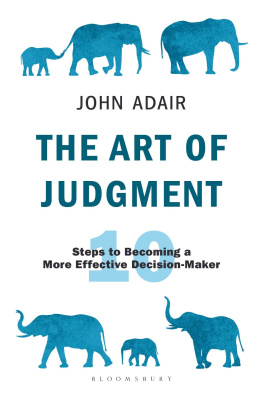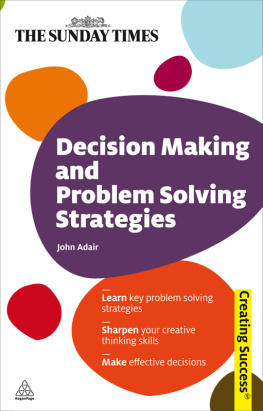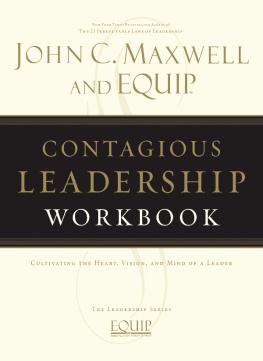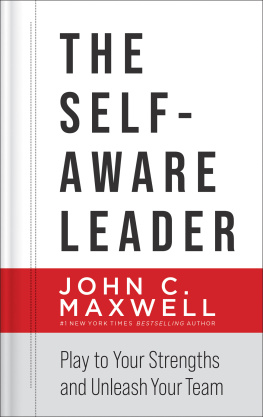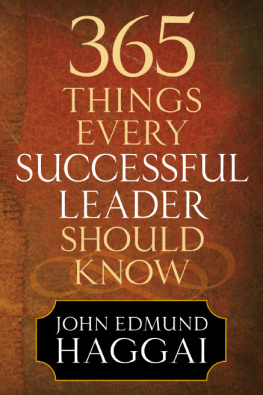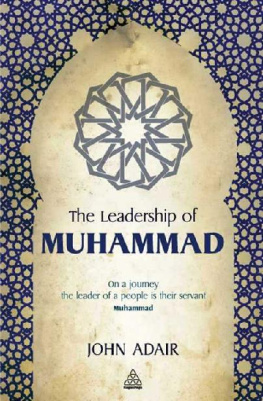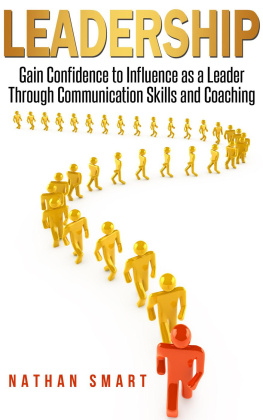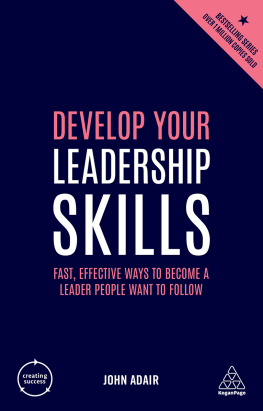AUTHORS NOTE
As far as we know, Confucius himself wrote no books, but his disciples made a collection of his sayings. Known in English as the Analects, from a Greek word meaning fragments left over after a meal, this anthology is our principal source for his teaching.
The Analects also contain some personal glimpses of Confucius the man, caught in amber for all time. I hope they may serve to bring him to life for you as an alternative and engaging person in the following pages.
For reference purposes, the Analects is divided into chapters and verses, not unlike the books of the Bible or the Quran. There are some slight variations between different translations of the Analects in English; the references in this book follow the system in the Penguin Classics edition (1979).
References to chapter and verse in the Tao-te-Ching (The Book of the Way and its Power) attributed to Lao-tzu also follow the Penguin Classics edition (1963).
INTRODUCTION
Welcome to this book. In its pages you will find an opportunity to explore for yourself the practical wisdom of ancient China on the theme of leadership. The intention of both Confucius and myself is that by so doing you will take some significant steps towards your aim of becoming the best leader it lies within you to be.
Until you picked up this book Confucius may have been no more than a name to you, so let me briefly introduce him here and explain why he has so much to offer you. If you would like to refresh your mind about his life and times, I suggest you turn to my brief biography of him in the Appendix.
Confucius is the Latinized form of his Chinese name. That was composed of three elements: Kung, the family name; fu, a title of respect or honour not unlike mister in English; and tzu, (zi) a title of honour which means Master. Thanks to a modern transliteration system, the Chinese today refer to him as Kung-Zi. You will notice that his disciples or students called him simply The Master. And in Chinese culture he is indeed considered a Master of Masters.
If you look up Confucius in the reference books, you will find that he is usually classified as a philosopher. This is correct, but he is not a philosopher in the Western analytical sense. Like his near contemporary Socrates, he is really a practical philosopher. And his principal concern was to apply his clear thinking and learning to the immense task he took upon his own shoulders: to ensure that in the future China would have good leaders and leaders for good.
And so Confucius was the worlds first great teacher of leadership. That, I know, is a bold claim; I shall have to wait until you have read the book to see if you accept it as true.
It is only very recently that we have been able to appreciate the contributions of these two great teachers of leadership Confucius in the East and Socrates in the West. What has made it easier to do so is my work (as yet unfinished) of assembling together for the first time the worlds universal body of knowledge about leadership and leadership development. And that has been made possible by a great discovery in the context of this field, namely the identification at last of the generic role of leader (see Chapter 1). It is in the light of that breakthrough that you will best be able to assess the value of what Confucius has to offer on this subject.
A moment ago I mentioned the word role. Originally, role meant the part taken by an actor in a play. In our wider usage it now refers to a persons characteristic or expected function. According to a common saying, it is the expectations of people that determine a persons particular role in a human group or society. Note also a phrase introduced relatively recently into the English language: role model a person who is regarded by others as an outstandingly good example of a particular role.
It follows that your first step on the road to excellence as a leader is to be clear what the generic role of leader is, so that you will know what your people will be expecting from you. That is roughly what Confucius was attempting to teach the princes and government leaders of his day. But thanks to the fact that the role of leader is generic, you can translate his wisdom to apply to your present responsibility as a business leader. Do you see what I mean?
That process, of course, is going to call for active participation on your part. Great teachers are also great leaders, and Confucius strikes an authentic note as a leader when he makes demands on us to play our full part in the creation of practical wisdom.
The Master said, I never enlighten anyone who has not been driven to distraction by trying to understand a difficulty or who has not got into a frenzy trying to put his ideas into words. When I have pointed out one corner of a square to anyone and he does not come back with the other three, I will not point it out to him a second time.
Analects, 11:8
What I like about this saying is that it is an invitation to you and me to exercise our creativity: to build on ideas, explore possibilities and to make connections that Confucius himself remember that he lived 2,500 years ago could hardly have even dreamt of making. In this respect we are challenged to emulate Tzu-kung, one of his closest disciples, of whom Confucius said: Tell such a man something and he can see its relevance to what he has not been told (Analects, 1:15).
So you and I together have to complete the squares and triangles that Confucius begins with a single thought. Are you up for the challenge?
If you respond to Confucius thought leadership in the way that Tzu-kung did in his day, I am completely confident that by the end of reading and reflecting on this book you will have in your keeping:

| a clear vision of the generic role of leader what you need to be, to know and to do. |

| the encouragement to apply those principles in your day-to-day work as a leader. |

| a deeper understanding of human nature and what people expect of their leader. |

| the opportunity to review, confirm or amend your own set of values as a leader. |

| a firm grasp of the global body of knowledge concerning leadership and leadership development the basis of effective leadership in any international context. |
Apart from these personal benefits, I believe this book is important for a global reason. Now that China is assuming such a dominant role among the nations of the world, the big question is this: will China adopt the somewhat flawed Western models of hegemony, or will it be true to its own moral tradition the tradition that begins with Confucius and which I outline for you in this book?
To end on a personal note, in 2005 the Peoples Republic of China kindly appointed me their Honorary Professor of Leadership, making me the first non-Chinese person in history to be offered the mantle of Confucius. It is an honour I cherish, and this book is but a small token of my thanks.

